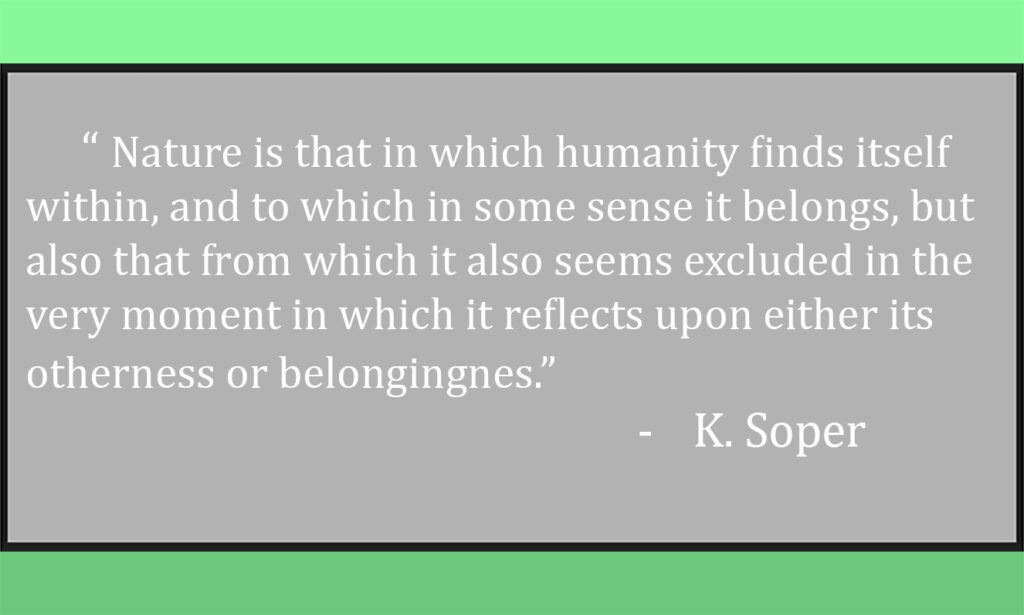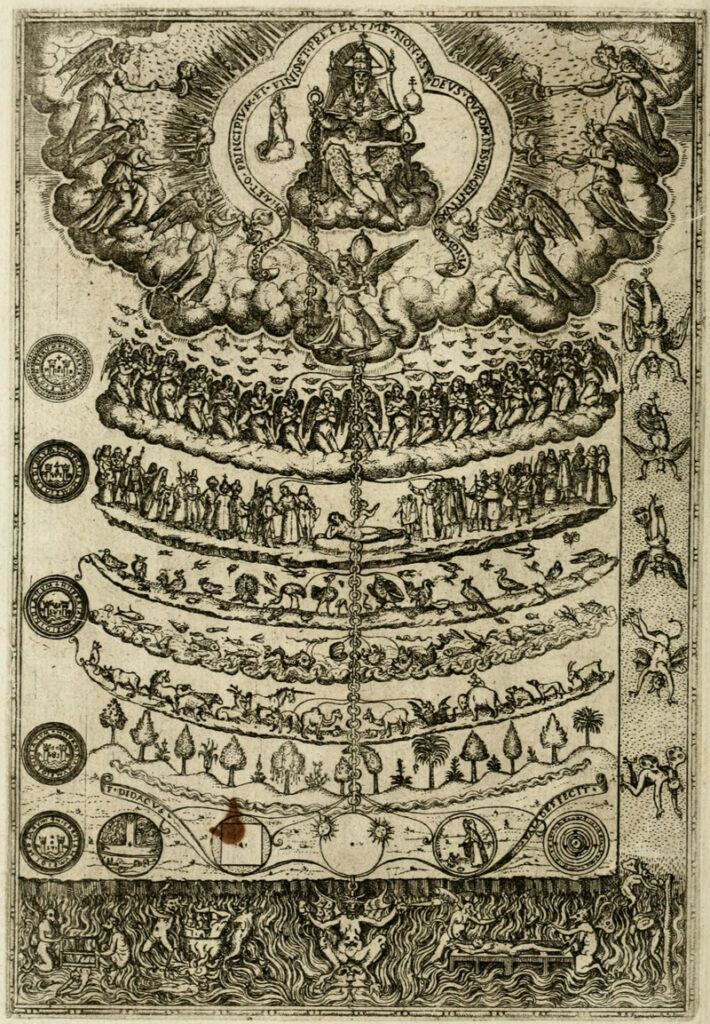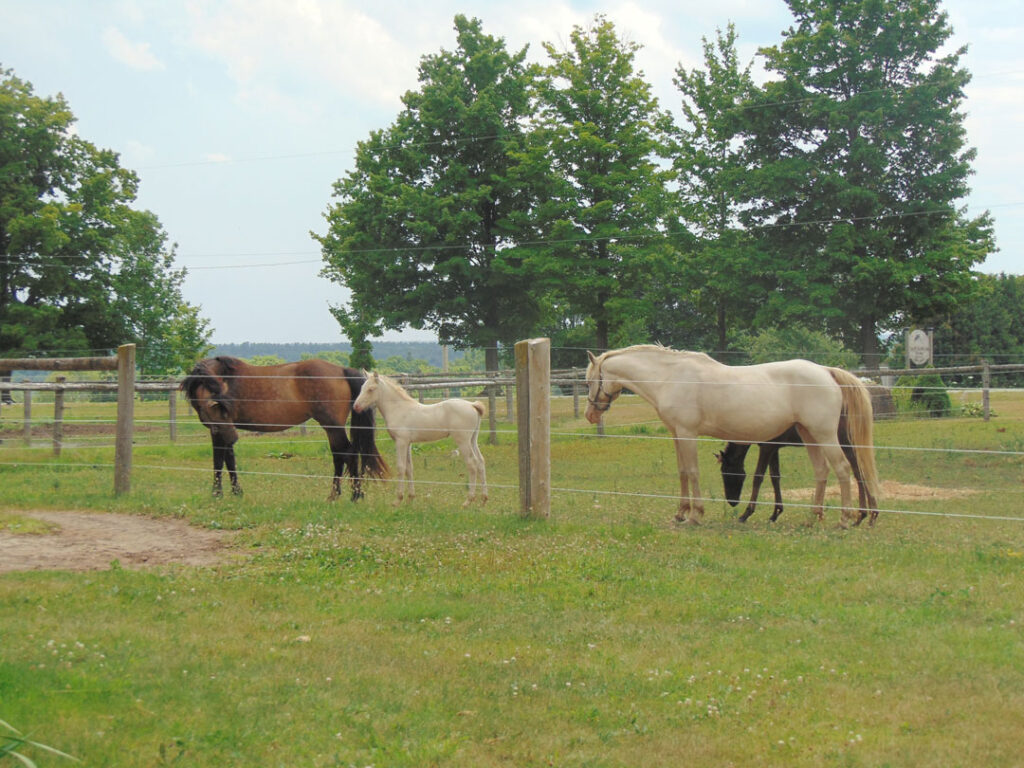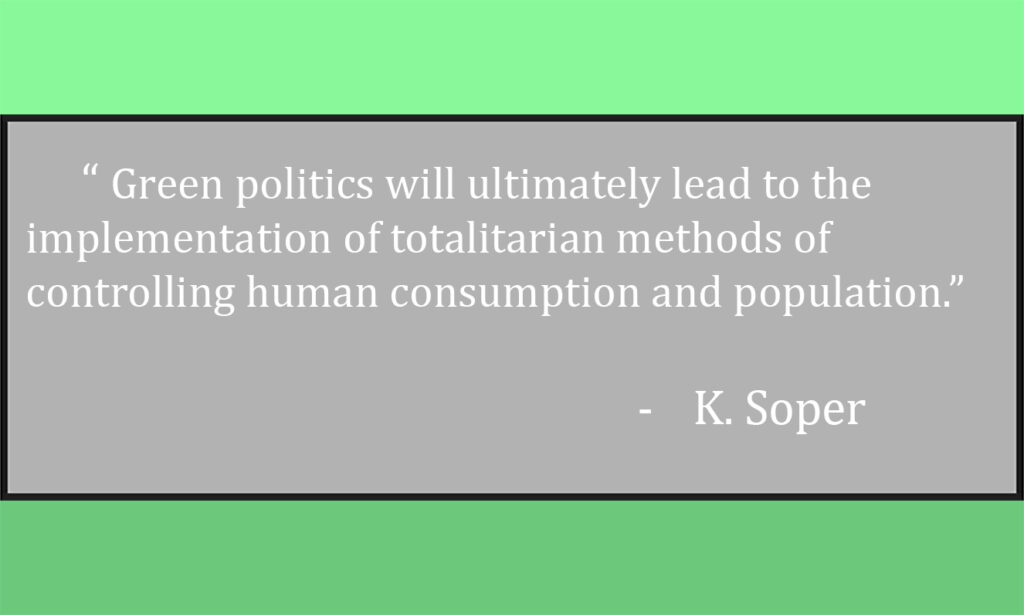Humans and “Nature”
Humans seem to have a very split association with our place in Nature, and we mostly don’t associate as belonging to it. Nature in relation to humanity has been repeatedly defined as something opposed to culture, history, convention, and anything that is artificially worked or produced by us.

But even by that definition of what it isn’t, we seem to have a contradictory perspective of what we consider natural and unnatural. For instance, cattle grazing a field in the countryside is seen as natural, while the same imagery in an industrial area is seen as unnatural. Honey produced by honey bees is seen as a natural product yet it is refined nectar. Why is this seen as natural while our own products are not?
The most solid point for humans being separate from Nature is the comparison between us and other animals. We can defy our initial, inherent nature, while the other species widely cannot.

Our species has always revered, feared, and respected nature. Oddly enough the less “primitive” we became the more we grew estranged from the natural world.
Cosmological Nature
In man learning more about the universe and the world we lived in, for a period, we defined ourselves as being not of but living within Nature. The great chain of being was conceived and used by the dominant Christian perspective of the time to justify man’s dominion over nature.

Although we thought of this great chain our place on it was somewhere in the middle of it, this was probably done to cull any arrogance that we were completely above Nature, since at that time we still feared it immensely. At the top of this chain would be the absolute being, God.
Humans to Nature Connection
How are we connected to Nature? Simple, we still to this day use it for almost everything. Our crops and materials are either grown on its surface or extracted from its depths. We largely plan our lives around the weather and climate and those same factors determine if the materials or crops we need will be readily available or if we need to alter something so it becomes more available.
If the natural world were to die or simply vanish, we would vanish soon after. We can synthesize certain things in a laboratory; however, we still require a stock source for the production of artificial products which come from the natural world.

Responsibility as Humans
Most other Afro-centric and Mesopotamian civilizations gave careful thought to the balance of nature, especially the uncivilized tribes before the dawn of western civilization. The native tribes knew they shouldn’t overhunt or overfish in any one region, as it could destabilize the natural balance.
The Aztecs had fisheries integrated with manmade riverways they used as a means of transportation. Western civilization, on the other hand, saw a lot of species go extinct or even introduced foreign species to areas that had no defense against them. They cut down entire forests in the wake of their advancement, not to say the ancient Egyptians and Romans didn’t do this. But both those cultures had way more respect and fear for Nature than the Western-based civilizations.

Conclusion
So, what is Nature then? Besides being broken down and defined between the natural world, our own human nature, and our relationship with nature, what else is it?
Don’t worry, a more in-depth discussion on many of these topics will be written about later on in this blog.
From how to counter toxic human nature traits and navigate those pesky social groups we sometimes have to be attached to. To exploring the natural world, appreciating its beauty of it, and learning how humans have generally behaved on this planet.
Thanks for reaching the end. Leave any comments and answers to the questions in bold, found throughout this cornerstone article.
Citations
Čirjak, A. (2020, May 1). What are the 5 layers of the Earth’s atmosphere? WorldAtlas. Retrieved July 15, 2022, from https://www.worldatlas.com/articles/what-are-the-5-layers-of-the-earth-s-atmosphere.html
Taylor, M. (2009). The nature book: What it is and how it lives. Michael O’Mara Books Ltd.
Butt, E. (2020, January 29). Night on Earth. Night on Earth. whole, Netflix.
Osho. (2013). In Living on your own terms: What is real rebellion? St. Martin’s Griffin.
Greene, R. (2018). The laws of human nature. New York, New York: Viking.
Soper, K. (1995). What is nature? Blackwell.
Valades, D. (1579) Image of the Great Chain of Being, from Retorica Christiana.

0 Comments